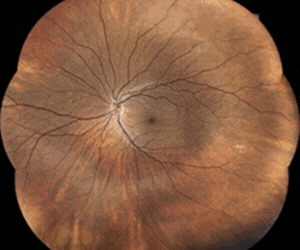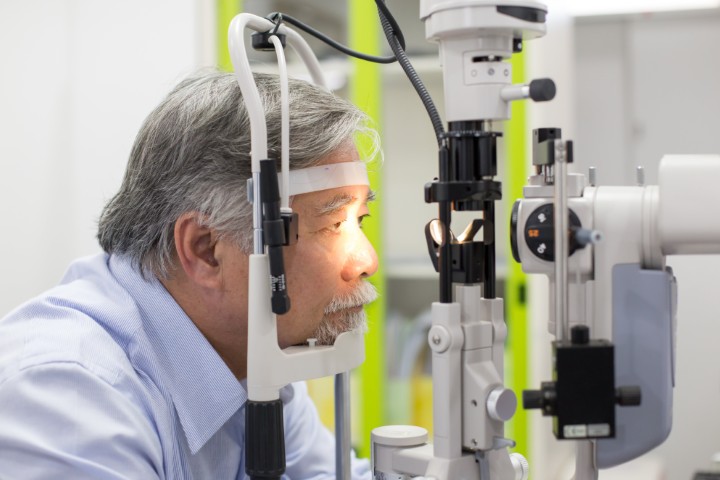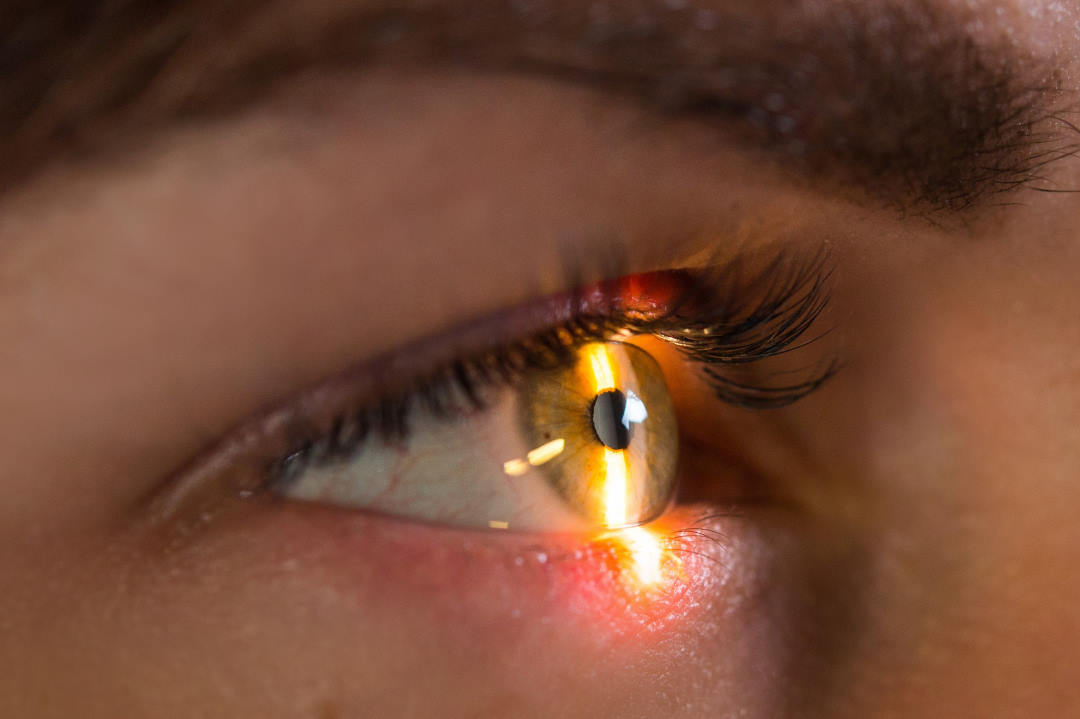Gut flora and AMD
A Chinese study has found age-related macular degeneration (AMD) patients had different gut flora to those of healthy controls, suggesting intestinal microbiota might serve as potential AMD treatment targets and non-invasive indicators for clinical diagnosis.
Researchers from the Tongji University School of Medicine, Shanghai, took faecal samples from 30 AMD patients and 17 age- and sex-matched healthy controls. Gene sequencing was performed to identify intestinal microbial alterations, plus phenotypic prediction and metabolic feature prediction of the samples. Writing in Frontiers in Microbiology, researchers said the AMD group had a significantly lower level of Firmicutes and relatively higher levels of Proteobacteria and Bacteroidota compared to those in the control group. The AMD patient group also showed a considerably higher proportion of the genera Escherichia-Shigella and lower proportions of Blautia and Anaerostipes than the control group.
AMD pathophysiology might be linked to changes in gut-related metabolic pathways, specifically those involved in lipopolysaccharide biosynthesis, they concluded.



























